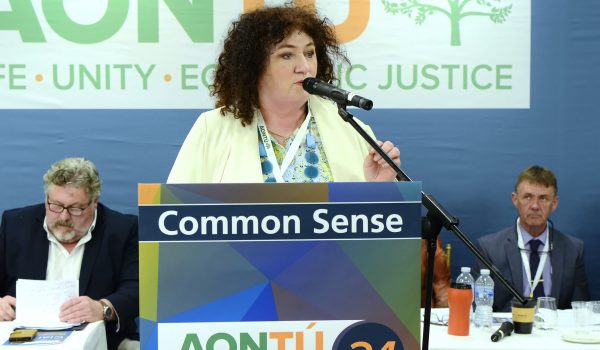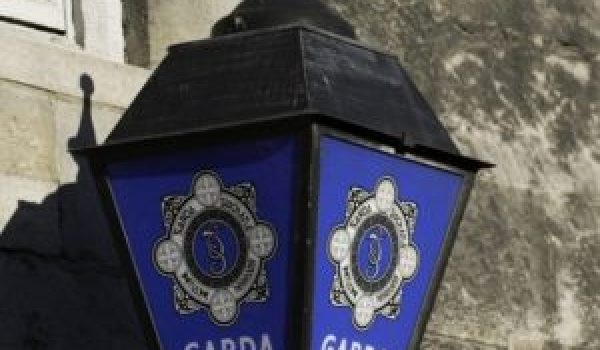
A jury is set to begin deliberations in the trial of four men accused of taking part in a vigilante group attack on men guarding a repossessed farmhouse five years ago.
One of the accused is Patrick J Sweeney of High Cairn, Ramelton.
All four men have pleaded not guilty to 17 charges each at Dublin Circuit Criminal Court.
Full Report:
The jury is set to begin deliberations in the trial of four men accused of taking part in a vigilante group attack on men guarding a repossessed farmhouse five years ago.
At around 5am on December 16, 2018, a group of approximately 30 armed men smashed their way into a house at a recently repossessed rural property at Falsk, just outside Strokestown, Co Roscommon. They were armed with weapons, including a baseball bat, a meat cleaver, a hurley, a stick with nails in it, and a chainsaw and attacked the men who were present guarding the property.
Patrick J Sweeney (44) of High Cairn, Ramelton, Co Donegal; Martin O’Toole (58) of Stripe, Irishtown, Claremorris, Co Mayo; Paul Beirne (56) of Croghan, Boyle, Co Roscommon and David Lawlor (43) of Bailis Downs, Navan, Co Meath have pleaded not guilty to 17 charges each at Dublin Circuit Criminal Court.
Each defendant is charged with false imprisonment and assault causing harm to four security personnel, aggravated burglary, arson of four vehicles which were set alight, criminal damage to the front door of the house, violent disorder, robbery of a wristwatch from one security guard and finally, causing unnecessary suffering to an animal by causing or permitting an animal to be struck on the head.
Judge Martina Baxter has told the jury that Mr O’Toole, who dismissed his legal team last week, is not present in court but that the trial can proceed in his absence.
Since last Thursday the jury has heard closing speeches from lawyers for the prosecution and lawyers defending Mr Sweeney, Mr Beirne and Mr Lawlor.
In her charge to the jury, Judge Baxter summarised some of the evidence and outlined the legal principles.
She told the jury that the State’s case is that all four defendants were present at Falsk on the night and were liable for any criminal acts that were done there. She said this case was based on the principle of common design or joint enterprise, where if two or more people enter into a plan to commit a crime, each person is responsible for the actions of all the others in pursuit of that common design.
The judge said that agreement can be reached just before the commission of a crime. She said that mere presence at the scene of a crime is not enough to establish guilt and there is zero obligation on a person to prevent a crime.
“There is no criminal sanction for being a callous observer,” she said.
She said that in considering the case against each of the accused, jurors must consider if each was present and if they were, whether each was present as a spectator or to aid and abet the crimes that took place.
She told jurors that if they had a doubt it should be exercised in the favour of the defendants.
The trial continues with the jury set to begin deliberations tomorrow.






